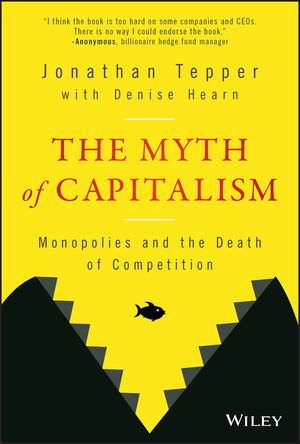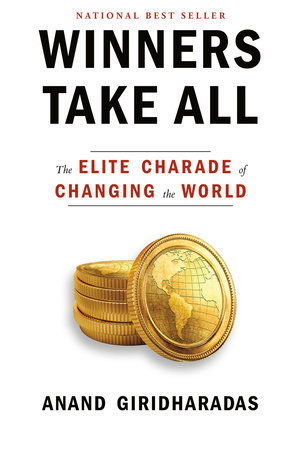Monopolies and the Death of Competition
These are some selected key messages from the book:
Capitalism without competition is not capitalism.
Competition matters because it prevents unjust inequality, rather than the transfer of wealth from consumer or supplier to the monopolist. If there is no competition, consumers and workers have less freedom to choose. Competition creates clear price signals in markets, driving supply and demand. It promotes efficiency. Competition creates more choices, more innovation, economic development and growth, and a stronger democracy by dispersing economic power. It promotes individual initiative and freedom. Competition is the essence of capitalism, yet it is dying.
Competition is the basis for evolution. An absence of competition means an absence of evolution, a failure to adapt to new conditions. It threatens our survival. There are fewer winners and many losers when there is less competition. Rising market power by dominant firms has created less competition, lower investment in the real economy, lower productivity, less economic dynamism with fewer startups, higher prices for dominant firms, lower wages and more wealth inequality. The evidence from economic studies is pouring in like a flood.As you may imagine, what the authors do is precisely to show the evidence of the monopolist and oligopolist activities in the US markets. Our close markets are in the same situation and antitrust authorities are failing to preserve competition. Unfortunately, recent legislation has not helped to reverse the trend. Higly recommendable book.
The author 6 years ago at TV3:

